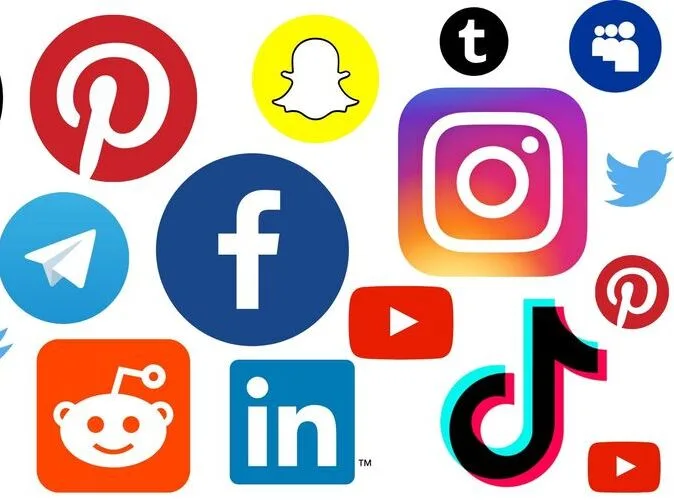Social Networks as a Tool for Analyzing Data and Preferences of Casino Players

In the digital age, social networks have become an invaluable asset for various industries, including the casino sector. Beyond being platforms for engagement, social media sites offer rich veins of data that can reveal insights into player preferences and behaviors. By leveraging these insights, casinos can tailor their offerings to better meet the needs of their customers, enhance their marketing strategies, and improve player satisfaction.
Social Networks as a Source of Data
Social networks such as Facebook, Twitter, and Instagram are more than just communication tools; they are treasure troves of user-generated data. Players share their experiences, preferences, and feedback about various casinos and games on these platforms. This public data provides casinos with a unique opportunity to analyze trends and gather actionable insights. Through these networks, casinos can access real-time information about player sentiments, popular games, and emerging trends.
Methods of Collecting Data from Social Networks
One effective method of data collection is monitoring social media conversations and hashtags related to casino games. For instance, analyzing discussions around promotions such as the Platin Casino no deposit bonus can reveal what types of offers attract the most attention and which promotional strategies are most effective. Tools like social listening software can track mentions, analyze sentiment, and identify key influencers within the casino community.
Another method is leveraging social media analytics tools to study engagement metrics. These tools can provide detailed reports on how players interact with casino-related content, such as likes, shares, and comments. This data can then be used to understand player preferences and behaviors more deeply.
Analyzing Player Preferences through Social Media
Once the data is collected, analyzing it provides a clear picture of player preferences. For example, if data shows a spike in discussions about a particular slot game or a new feature in a casino app, it indicates player interest and potential areas for further development. By examining the frequency and context of keywords and phrases, casinos can identify popular themes and tailor their game offerings to match player interests.

Examples of Successful Use of Social Data
Several casinos have already started to see the benefits of using social media data. For instance, some have used social listening to launch targeted promotions that align with player interests, leading to increased engagement and higher conversion rates. Additionally, analyzing player feedback on social media has helped casinos refine their game designs and user interfaces, resulting in improved player satisfaction and retention.
The Future of Data Analysis in Casinos Through Social Media
Looking ahead, the role of social media in data analysis is poised to grow even more significant. Advanced AI and machine learning algorithms are expected to enhance the ability to predict player behavior and preferences with greater accuracy. Casinos will likely use these technologies to develop more personalized gaming experiences, optimize promotional strategies, and build stronger relationships with their players.
In conclusion, social networks offer casinos a powerful tool for understanding and analyzing player data. By effectively leveraging these insights, casinos can enhance their offerings and create more engaging experiences for their players. As technology continues to evolve, the integration of social media data into casino strategies will become increasingly sophisticated, driving the future of the gaming industry.
